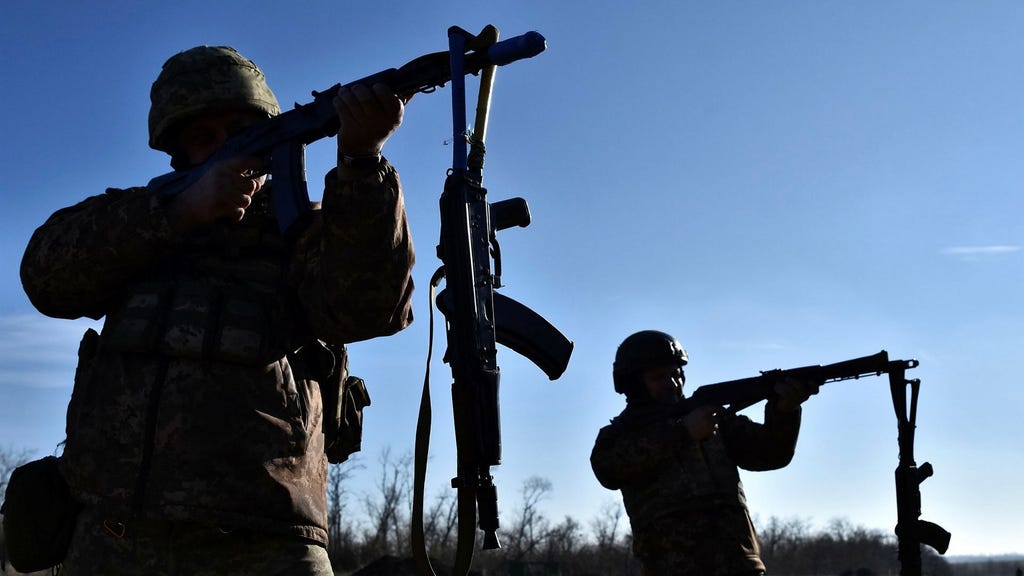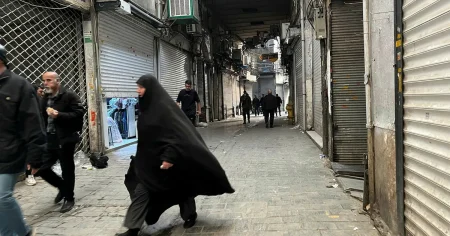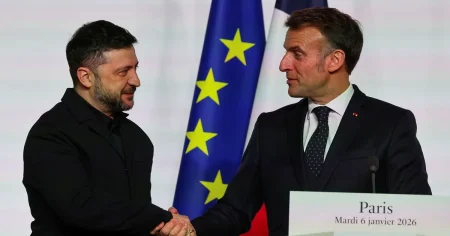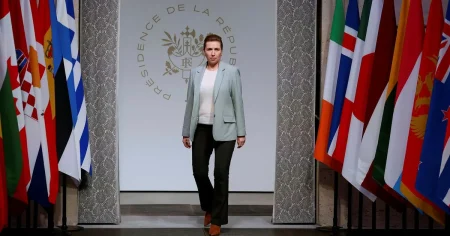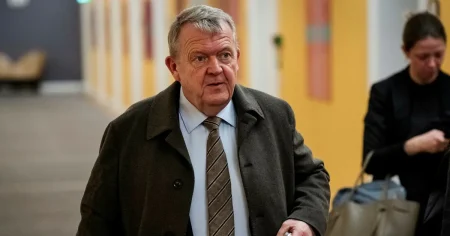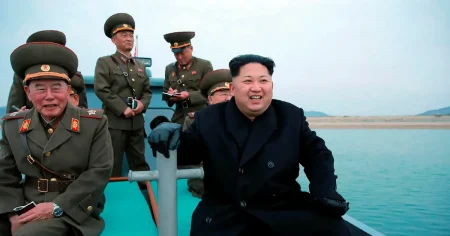Since Russia’s full-scale invasion of Ukraine in February 2022, reported cases of domestic violence have surged by a staggering 30%, according to the United Nations Population Fund (UNFPA), which operates women’s shelters in the war-torn nation. This increase is mirrored by a more than doubling of calls to police regarding domestic violence incidents. While acknowledging the heroism of Ukrainian soldiers, Pavlo Zamostian, the Deputy Representative for UNFPA in Ukraine, highlighted a troubling connection: a significant proportion of these cases involve violence perpetrated by returning war veterans. This stark reality casts a shadow on the sacrifices made by those fighting on the front lines and underscores the urgent need for support and rehabilitation services for veterans grappling with the psychological wounds of war.
The devastating impact of the war on families is exemplified by the story of Iryna, a 35-year-old woman seeking refuge in a Lviv shelter. She describes how the conflict transformed her husband into an abusive figure, fueled by a pervasive atmosphere of patriotism that made it difficult for her to speak out. Trapped in a cycle of violence, she endured hidden abuse, fearing both her husband’s aggression and the societal judgment that might follow if she revealed her plight. This chilling account highlights the vulnerability of women in wartime and the added pressures they face when their abusers are considered national heroes. The pervasive patriotic sentiment can create a climate of silence, where victims are afraid to report abuse for fear of being perceived as disloyal or unsupportive of the war effort.
Iryna’s situation worsened when her husband deserted the military. The escalating violence culminated in a brutal attack that left her with impaired vision and fearing for her life. This prompted a desperate call to the police, leading to her rescue and relocation to a shelter with her daughter. There, she received crucial legal aid to pursue a divorce and begin rebuilding her life. This underscores the critical role of shelters and support services in providing a safe haven and legal assistance for victims of domestic violence, enabling them to escape abusive situations and access justice. It also highlights the complexities of domestic violence in the context of war, where desertion and the psychological impact of combat can exacerbate existing tensions and lead to increased violence.
Tetiana Fedarchak, the shelter’s director, observed a disturbing trend: the situation worsened during the second year of the war. She noted that soldiers returning home on brief leaves sometimes resorted to ”extreme physical violence.” This suggests that the ongoing trauma of war, coupled with the challenges of reintegrating into civilian life, can contribute to an escalation of domestic abuse. The pressures of combat, the psychological toll of witnessing violence, and the difficulty of readjusting to normal life can create a volatile environment within families. This highlights the urgent need for mental health support and resources for returning soldiers to address the underlying causes of this violence.
The war has also created additional barriers for women seeking to escape abusive relationships. A prevailing societal expectation of support for soldiers can make women feel pressured to remain silent, fearing judgment and ostracism. Yulia Rudik, the head of a charity operating shelters in Lviv, articulated this dilemma, noting that women hesitate to report abuse by returning soldiers due to a sense of it being ”unpatriotic.” This fear of social stigma further isolates victims and reinforces the cycle of violence. It underscores the importance of raising public awareness about domestic violence in the context of war and challenging the societal norms that silence victims.
Ukrainian authorities have acknowledged the severity of the issue. Interior Minister Ihor Klymenko reported that a staggering 60% of perpetrators in domestic violence cases are soldiers returning from the front lines. He linked this alarming statistic to post-traumatic stress disorder (PTSD), emphasizing the crucial need for veteran rehabilitation programs. Klymenko’s statement highlights the direct connection between the psychological wounds of war and the increased risk of domestic violence. His concern about the potential consequences for veterans struggling with PTSD – including alcoholism, substance abuse, and involvement in criminal activities – underscores the urgent need for comprehensive support and rehabilitation services. Addressing the mental health needs of returning soldiers is not only crucial for their well-being but also for the safety and stability of their families and communities.





